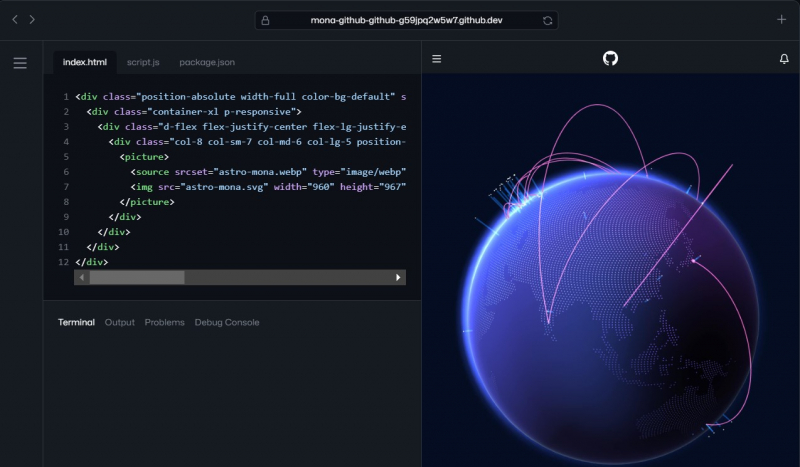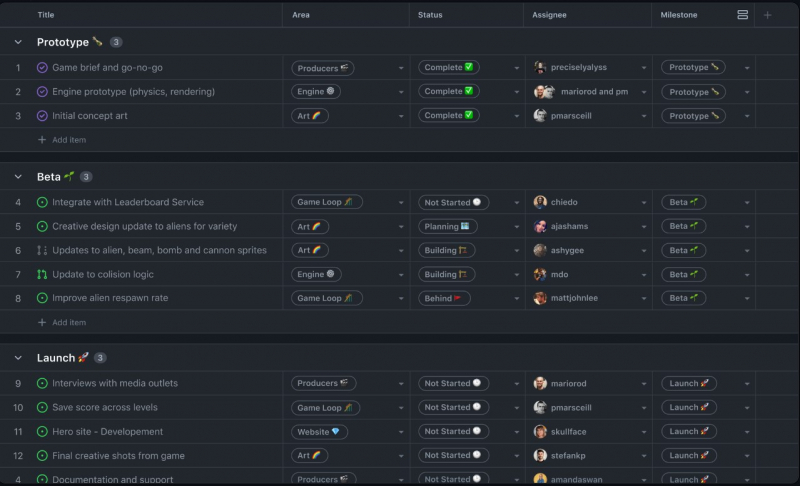GitHub
GitHub is a renowned platform that has become synonymous with open-source software development and collaboration. While it is true that GitHub is a powerful platform for accessing and contributing to a wide range of open-source projects, it is not primarily a website for downloading Linux apps. Instead, GitHub serves as a repository hosting service, where developers can store, share, and collaborate on code, including Linux applications.
GitHub hosts a vast repository of Linux applications and software projects. Developers from around the world utilize GitHub to share their work, making it a treasure trove of open-source Linux software. Users can easily search for specific Linux applications or explore trending projects. With well-organized repositories, it is straightforward to find the source code, documentation, and release downloads for Linux apps.
GitHub provides a transparent and collaborative environment. Each project on GitHub has a dedicated page where users can access the source code, track issues, and see the development history. This transparency is invaluable for those who want to verify the legitimacy and security of Linux apps. Users can review code changes, report issues, and even contribute to the development process by submitting their improvements or fixes.
GitHub offers version control and collaboration tools, such as Git and GitHub Actions. These tools streamline the process of downloading, building, and maintaining Linux apps. Developers can fork projects to create their own versions, while users can easily track updates and changes to their favorite Linux apps, ensuring they always have access to the latest features and bug fixes.
Many Linux developers and enthusiasts actively participate in discussions, share knowledge, and provide support on GitHub. This community-driven approach fosters a sense of trust and reliability, making GitHub a reputable source for Linux applications.
Official Website: https://github.com/
Website's Total Visits: 429.9M












